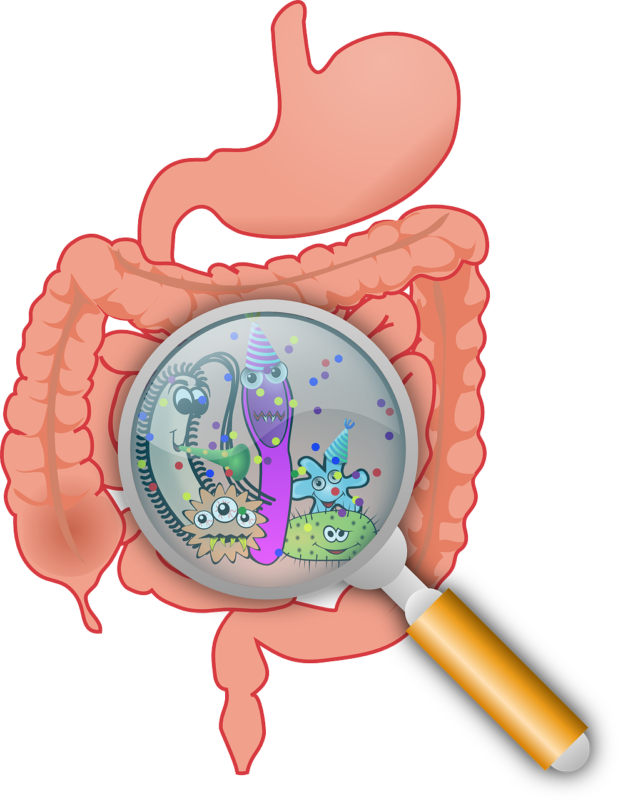
Soluble fibre for ingredient of the week?
We thought it might be worth informing you of the important properties of certain ingredients that go into our expertly formulated products. Why have they been included in relevant product? What job do they do? What are these, sometimes, exotic substances such as Acacia fibre aka Acacia Senegal and Psyllium husk.
Which Product are they found in?
Both Acacia fibre and Psyllium husk are found in sense* for gut health and are there for a particular, very important reason. To feed the good bacteria in the gut and enable those good bacteria to produce an equally important substance “butyrate”.
Tell us More about Acacia fibre and pysllium husk

Well butyrate itself could command a book of its own so we will simplify this explanation as much as possible. It is a substance that is not that well known probably because it is manufactured deep in the large intestine. Not something to discuss over dinner as a result! Click through to read more in Wikipedia otherwise take it from us that due to things such as keeping our guts at the right Ph level, butyrate delivers a plethora of benefits.
How do we make sure we have enough butyrate?
We make sure we eat enough of the following types of food:
- Resistant starch – this is resistant to being digested in the stomach or small intestine, SEE HERE for more on these. Often these are cooked and left to cool e.g. plantain or potatoes
- Oat Brain or raw Oats – often soaked overnight in milk or water e.g. “overnight oats”
- Pectin – a soluble fiber found in fruit. Indigestible by humans, 90% digestible by bacteria in the gut.
- Guar – not generally found in food consumed by humans but sometimes in supplements.
- Other Soluble fibres – These are the surest way to increase the rate at which butyrate is produced by the good bacteria in the gut. As well as Acacia fibre and pysllium husk we use in sense* for gut health, Pectin and Guar (see above), there are others:
- Larch Tree Arabinogalactan – studies have confirmed it’s beneficial affect SEE HERE
- Galacto-oligosaccharides(GOS) – not to be taken by anyone on the FODMAP diet since “oligosaccharides” is the “o” in FODMAP. So only introduce to a healthy gut.
- Wheat dextrin – not as effective as Guar but does produce less gas so for some people would be a good choice. SEE HERE for a relevant study involving these and also..
- Inulin – again like GOS inulin can be hard to take on a gut that is not fully healthy.
Where do we get Acacia Fibre and Psyllium husk from? Why so Good for Us?
Acacia fibre (aka Acacia Senegal or Gum Arabic)
This fibre has two principal benefits, see the following study HERE. :
- it produces short chain fatty acids (SCFA) for many benefits, gut and general health,
- it ferments in the large intestine quite slowly so it allows bacteria to produce butyrate all the way through the colon. Whoopee!
About 80% of high quality Gum Arabic is produced in Sudan (see Wikipedia).
Psyllium Husk
This fibre has been studied with the result that it reduced the number of pain episodes in children with IBS, independent of psychological factors, SEE HERE. It is a relatively inexpensive soluble fibre and has other health benefits from traditional use (see Wikipedia) . Whilst European countries and the Soviet Union produces psyllium, the World’s biggest producer by far is India.

